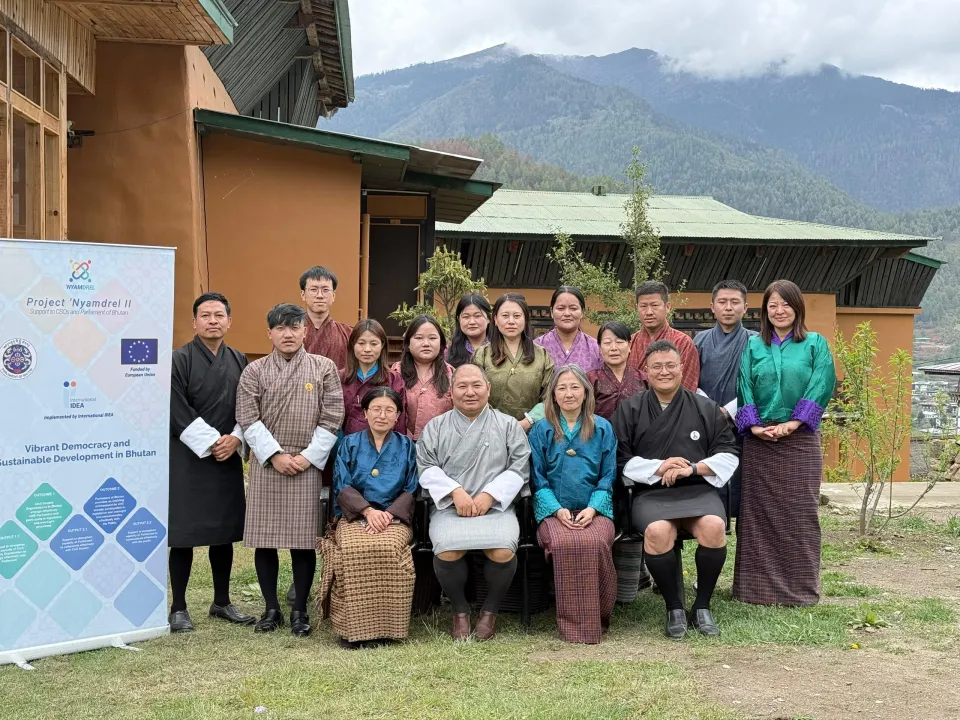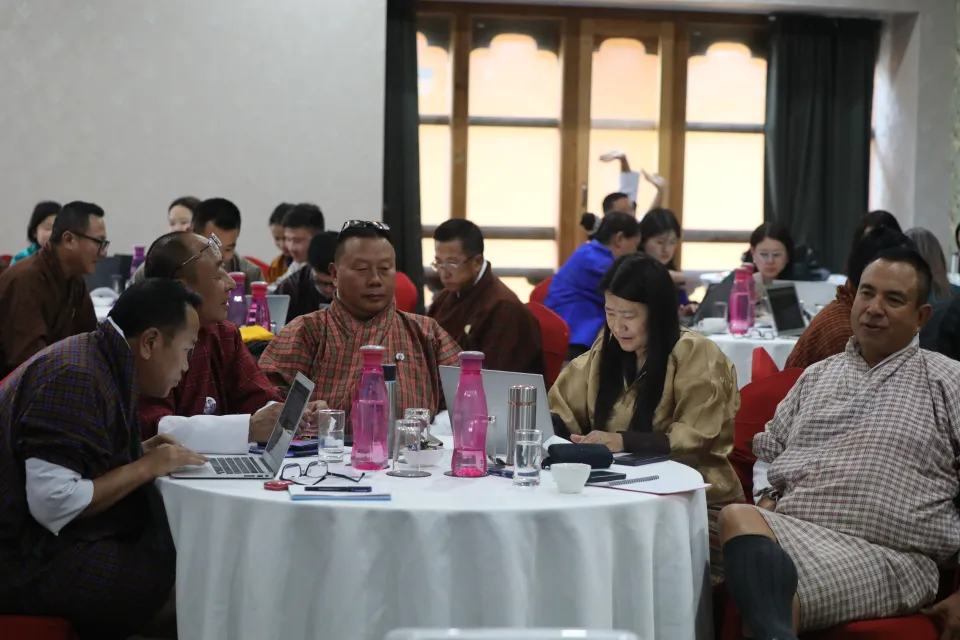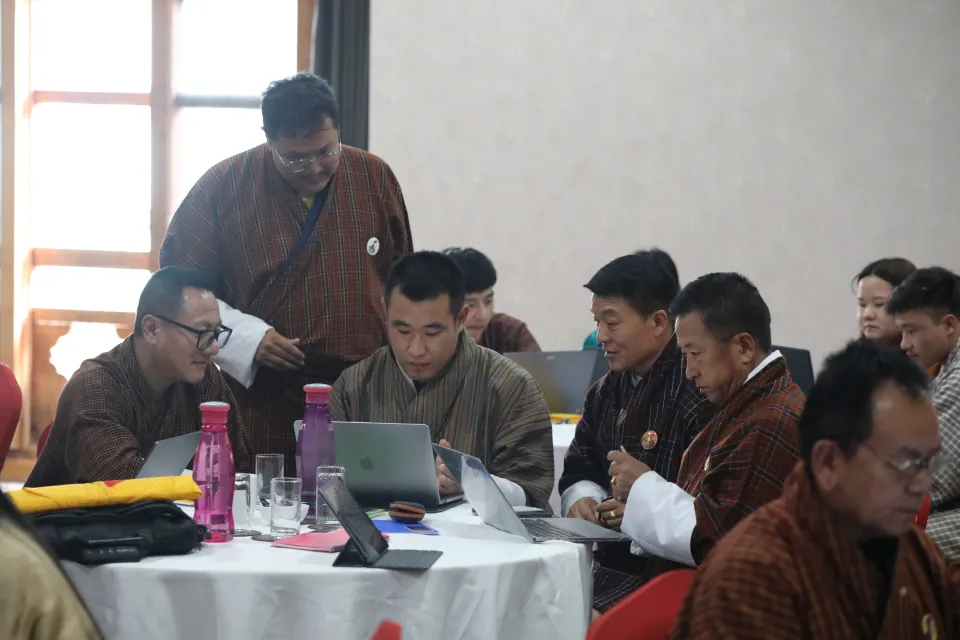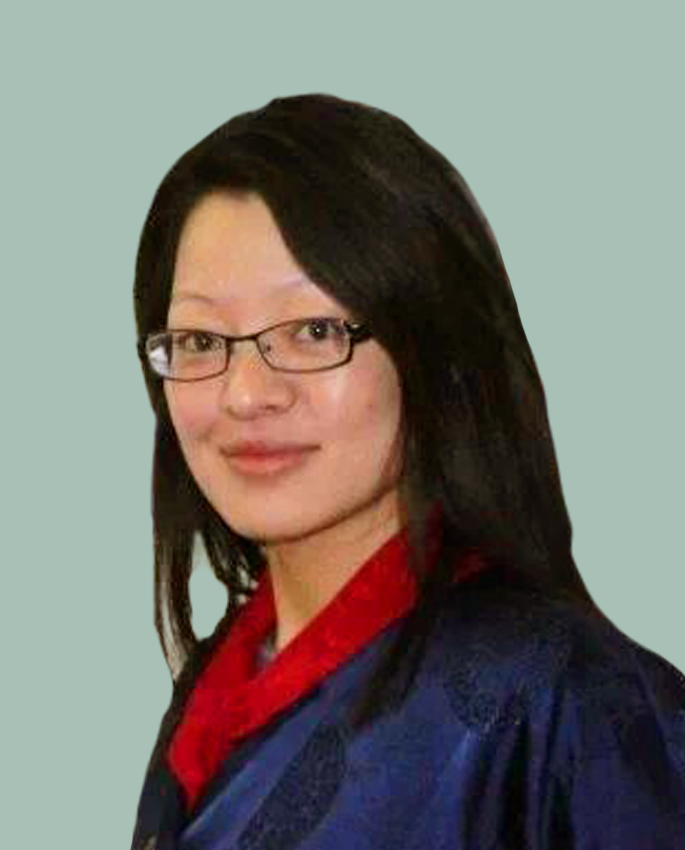Bhutan’s MPs sharpen parliamentary communication skills
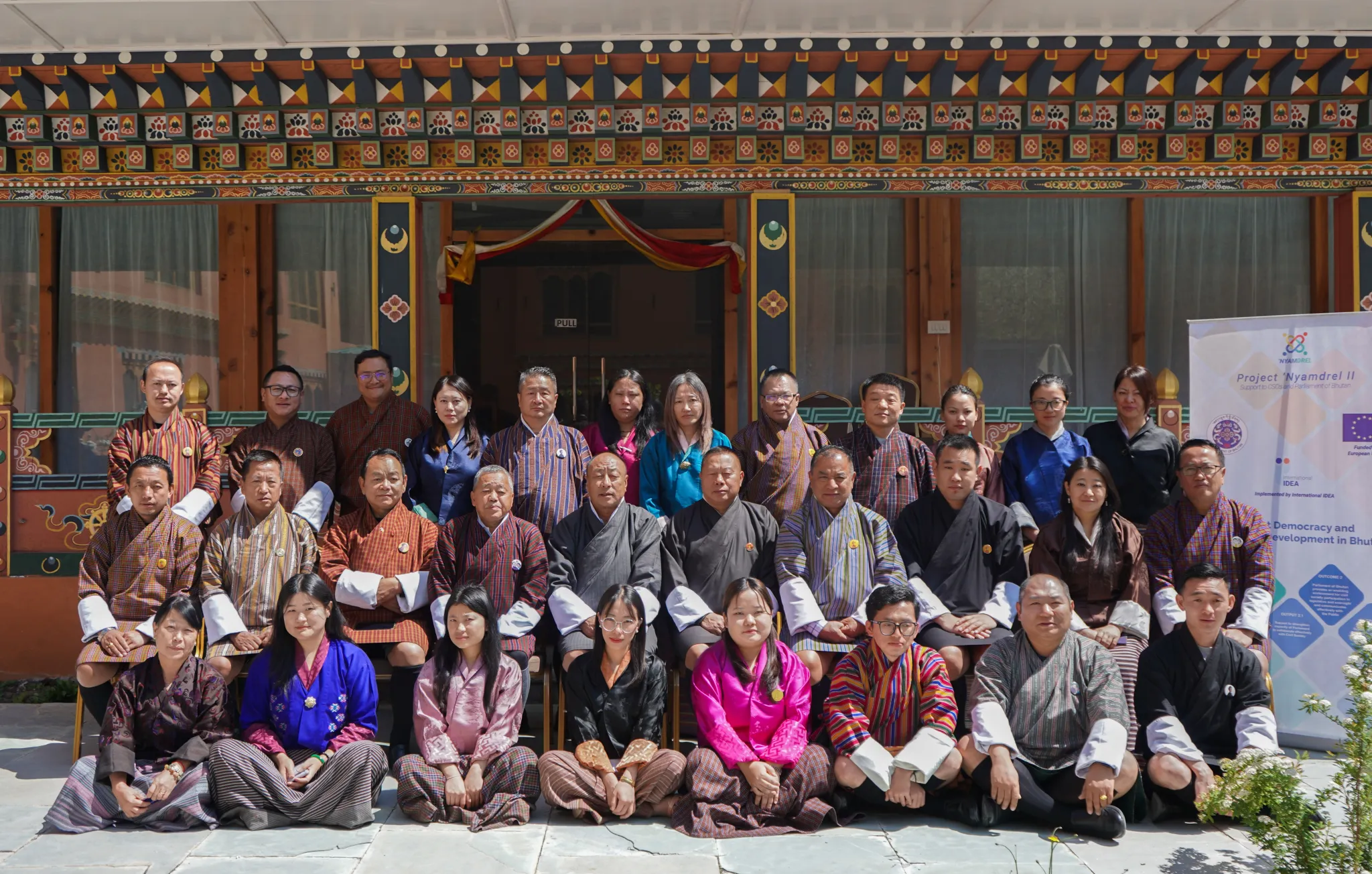
The first workshop in Paro brought together 33 participants, including the Hon’ble Speaker, Honourable Leader of the Opposition, 14 Members of Parliament, and 17 Secretariat staff, of whom ten were women. The second workshop in Haa was attended by 12 staff, 7 women from the Media and Information Divisions of the National Assembly and National Council.
Rooted in the values of open parliament, both workshops aimed to support institutional communication and foster transparent, inclusive, and interactive engagement between the Parliament and the public. As Bhutan’s highest democratic institution, the Parliament plays a critical role in building public trust, ensuring accountability, and encouraging citizen participation in the legislative process. These workshops sought to deepen awareness among parliamentarians and staff on the importance of open communication and how open communication contributes to good governance and meaningful public engagement.
Workshop on Media Engagement and Digital Tools
Held in Paro, this workshop introduced participants to practical strategies for media engagement, countering misinformation, and using digital tools, including artificial intelligence (AI) in a safe, ethical, and effective manner. Participants explored applications such as ChatGPT for content drafting and clarity enhancement, and Canva for visual messaging. Scenario-based role plays and storytelling exercises were used to develop communication skills tailored for public outreach. The sessions also focused on improving their communication approach across various formats, including media interactions, written content, visual messaging and use of interactive platforms such as Canva. These skills are required not only concerning their activities as elected representatives, but also for improving institutional communication practices within the Parliament.
In her keynote address, Leena Rikkila Tamang, Regional Director for Asia & the Pacific at International IDEA, noted that,
“Communication must be inclusive, culturally sensitive, and multilingual. Simplifying legislative content and using storytelling are vital to making parliamentary works more relatable.”
At the close of the workshop, Honourable Speaker Lungten Dorji emphasized the transformative potential of new technologies for parliamentary communication.
“This training has shown us the potential of AI in strengthening governance, research, and communication. We must lead by example and reflect the times in which we live by integrating these tools into our daily work to build in-house capacity and reduce reliance on external expert,” he said.
Reflecting on the workshop’s relevance, Sonam Lhamo, the Chief Media and Communication Officer at the National Assembly Secretariat, noted:
“The sessions on media engagement and AI tools were timely and immensely useful. They will enhance the clarity and efficiency of our communication. As spokespersons and frontline communicators, both Members of Parliament and Secretariat officials stand to benefit greatly from the strategies shared for clear, accurate, and confident messaging.”
Parliamentary Communication Planning Workshop
The second workshop in Haa focused on operationalizing the Parliamentary Communication Strategy 2023–2027 through the development of annual communication plans. The sessions were designed to build capacity of the Parliament’s communication teams to craft practical and targeted plans aligned with Parliament’s strategic goals.
The workshop was particularly timely, given Bhutan’s recent drop in the World Press Freedom Index, from the 147th last year to 152nd position out of 180 countries this year. This underscores the urgent need for stronger media engagement and improved access to parliamentary information. The workshop hopes to strengthen strategic communication planning to ensure that the Parliament remains transparent, accessible, and responsive to the public.
As a key outcome, the participants produced initial drafts of communication plans for the National Assembly and the National Council, which will be refined further in the coming weeks and endorsed by the leaders in the Parliament for implementation. Among the many target groups, the plans include:
Organizing media symposiums and regular press conferences to foster a deeper understanding of parliamentary processes among journalists.Establishing a Parliament Press Pool to promote consistent and informed media coverage.Expanding school outreach programs and tailored visits to the Parliament to engage youth and build awareness of democratic processes.Facilitation and Support
The workshops were facilitated by a national expert, Phub Dorji (Nyingnor Data). Needrup Zangpo (former Executive Director, Bhutan Media Foundation) co-facilitated the first session.
These workshops were conducted as part of an EU-funded initiative under the ‘Nyamdrel II – Support to CSOs and Parliament of Bhutan’ project, which is implemented by International IDEA.
These efforts align with Bhutan’s vision of a knowledge-based society under the 13th Five-Year Plan (2024-2029) and reflect the Parliament’s proactive steps toward building a more open, informed, and participatory democratic space.
